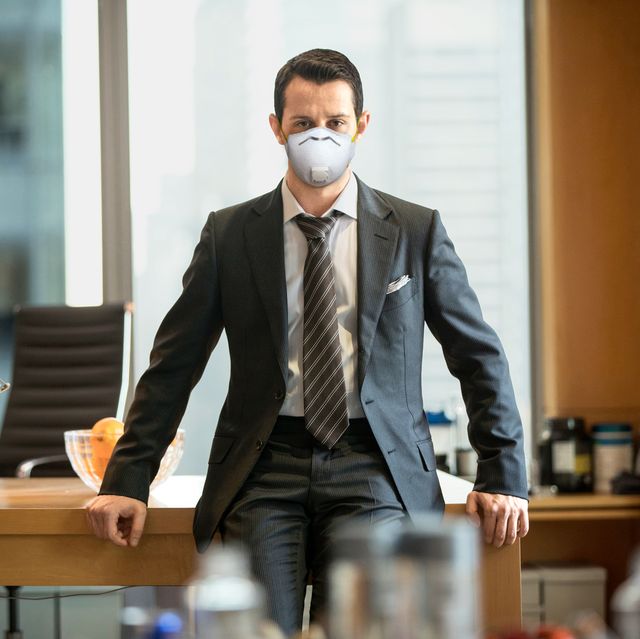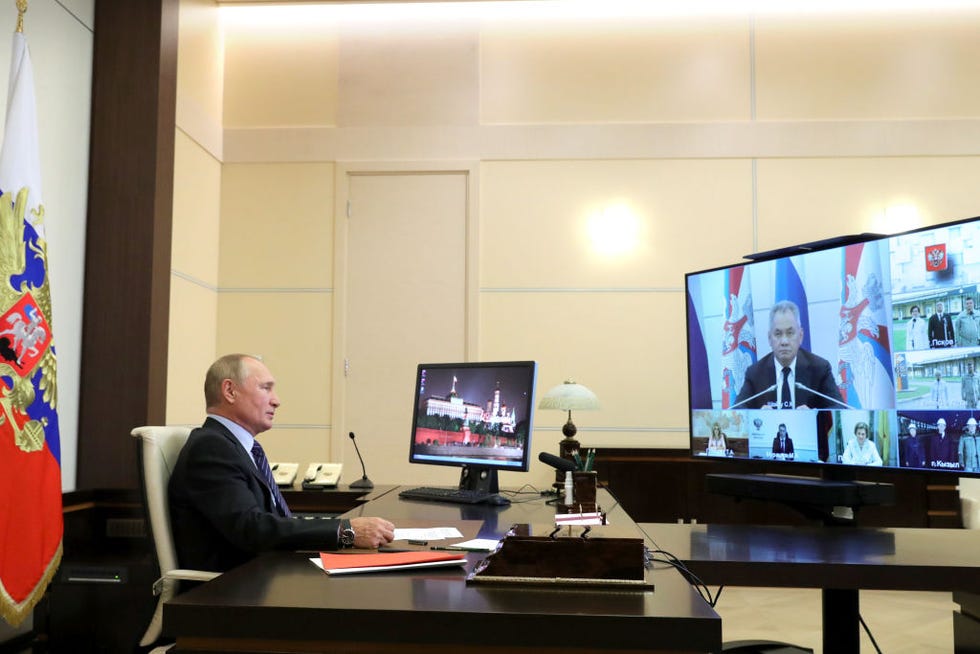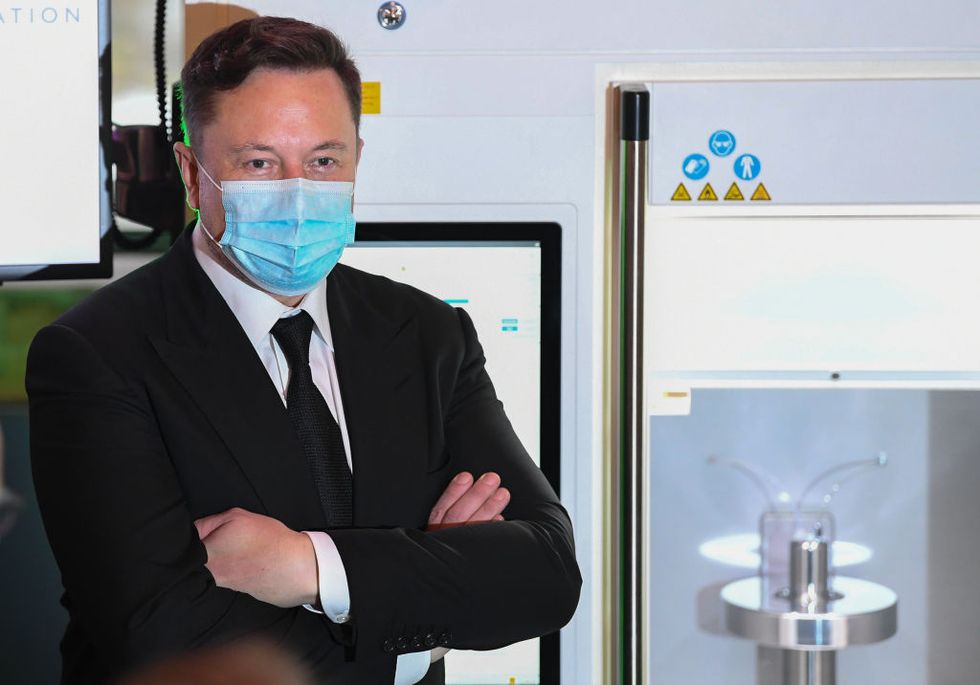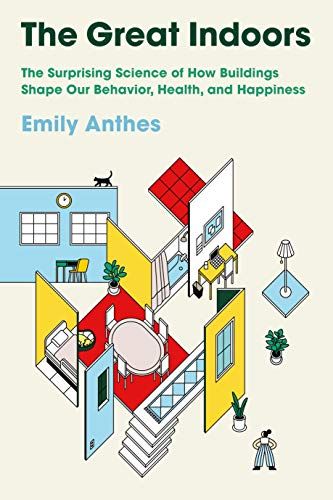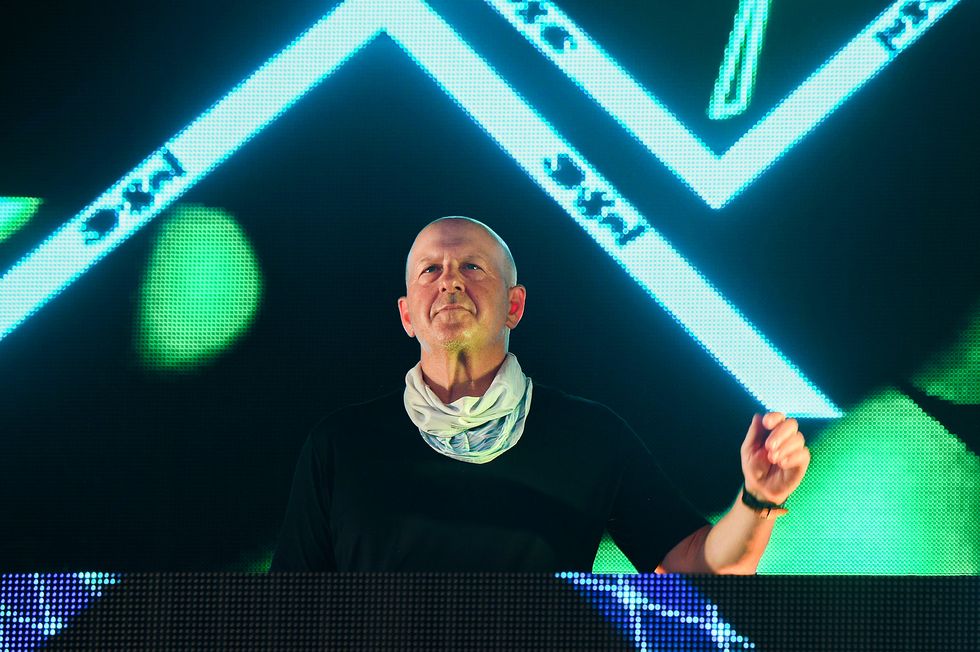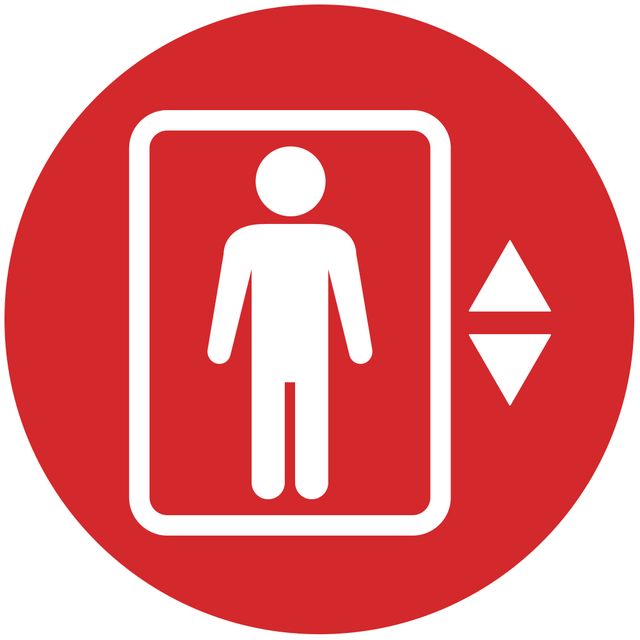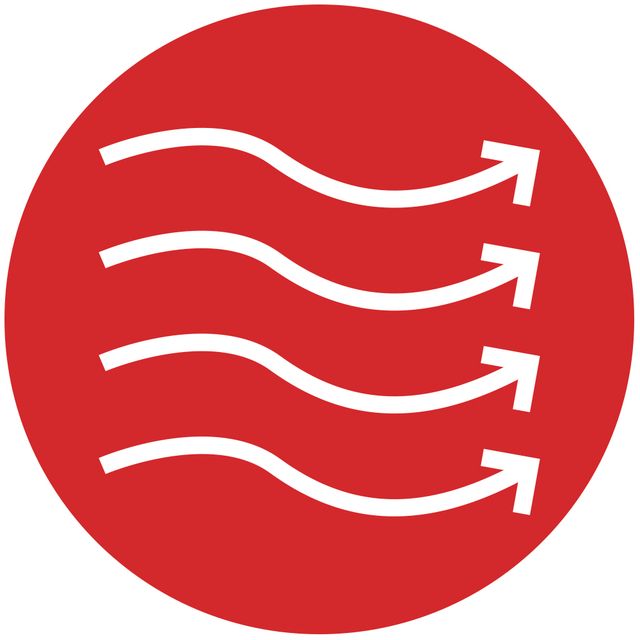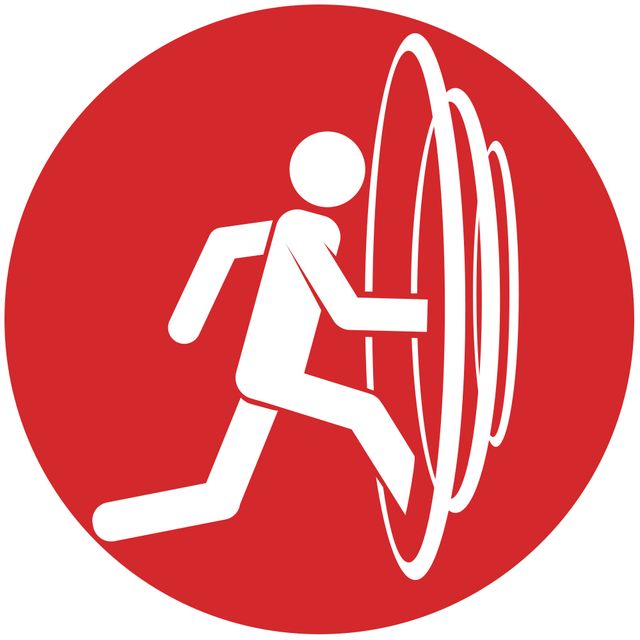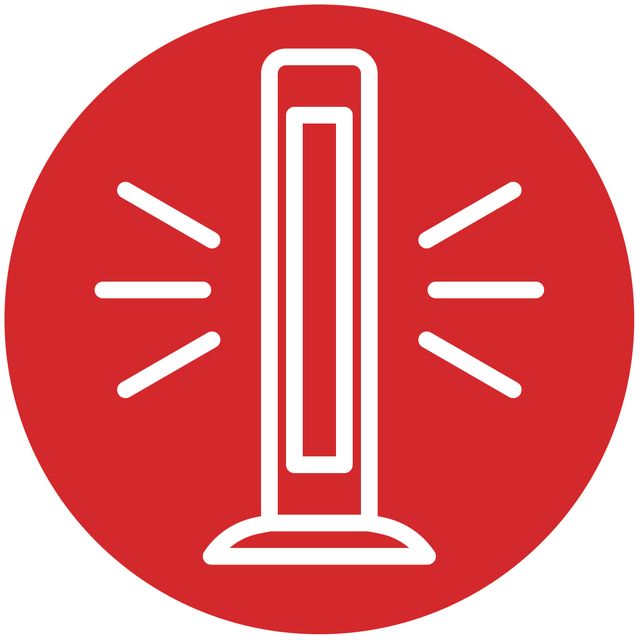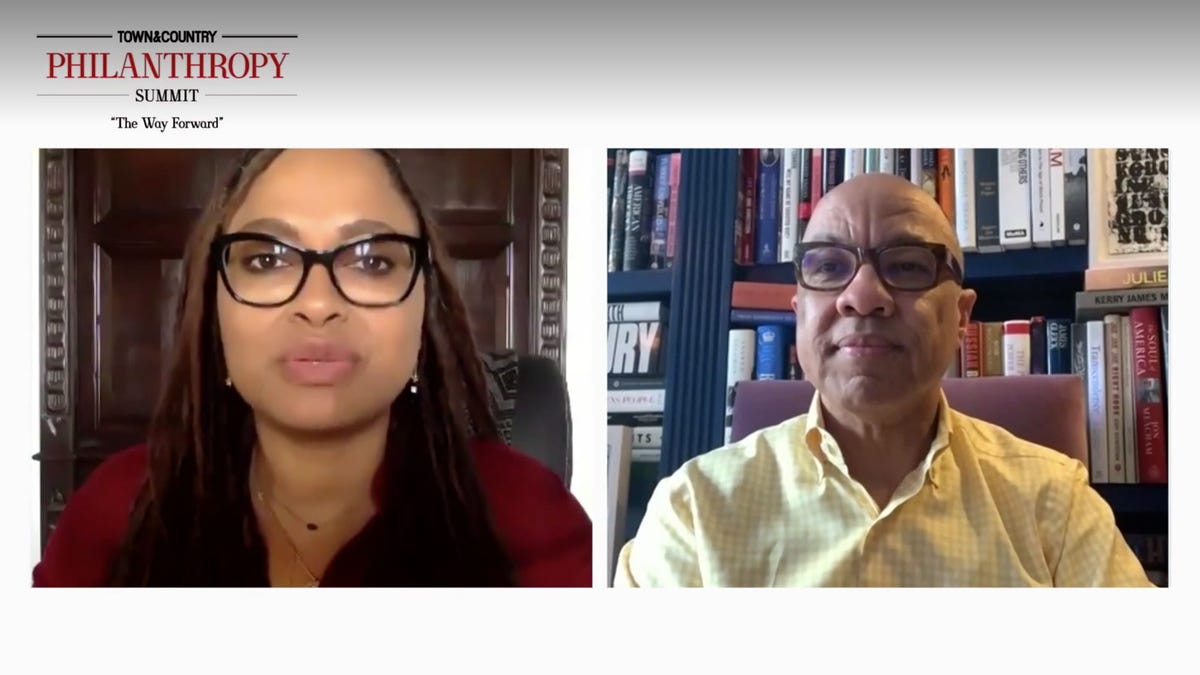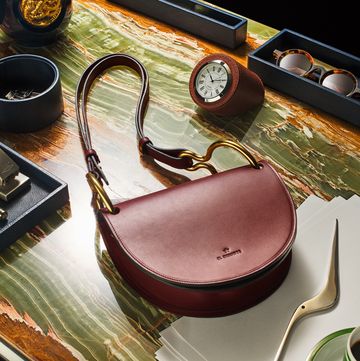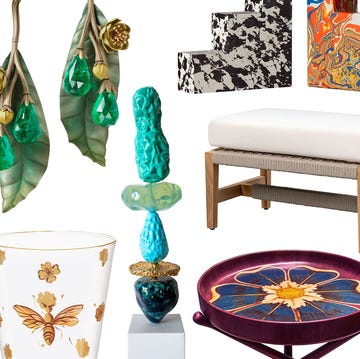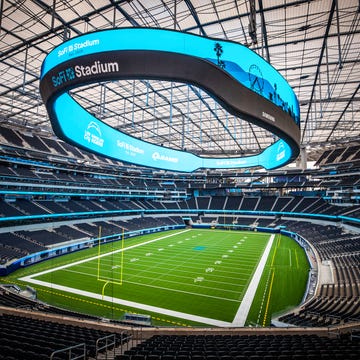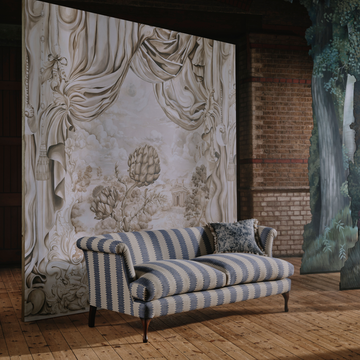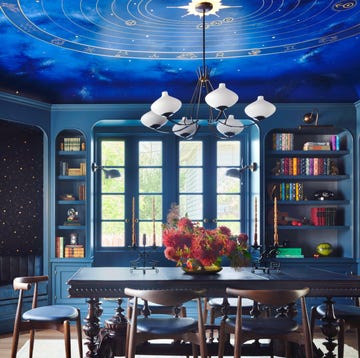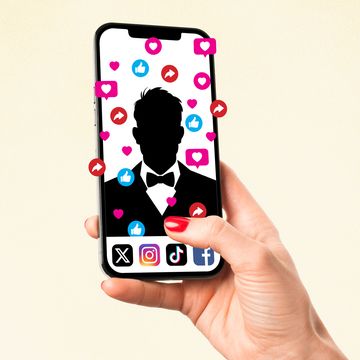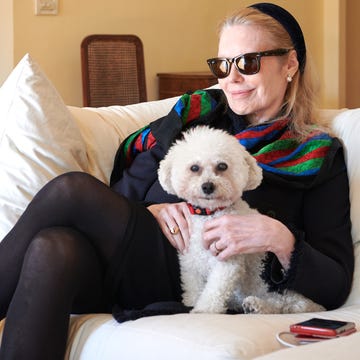Getting summoned to the boss’s office is always nerve-racking, but especially when the boss is Vladimir Putin. Spare a thought, then, for the poor suckers who have had to call on the Russian leader in the past few months. Visitors to his bunker in the Kremlin, as well as to his residential compound outside Moscow, have not only had to worry about being shipped off to a gulag at the drop of a trapper hat, they are also required to pass through a disinfectant tunnel in which they are sprayed with an antiseptic mist and blasted with ultraviolet rays.
The contents of the spray are anyone’s guess, but given that the tunnel’s manufacturer is a small-town concern specializing in cleaning solutions for mechanical equipment, chances are it’s not vodka. Or anything likely to be approved by the World Health Organization, for that matter.
“The tunnels were installed when the epidemic was in full swing,” Dmitry Peskov, a Kremlin spokesperson, told reporters in June. He added that “extra precautions are justifiable and understandable where the president is concerned.”
Putin’s ultracautious approach to surviving the pandemic has probably not been lost on other rainmakers for whom working from home and making multimillion-dollar deals over Zoom is not a long-term option.
“In these paranoid times, the corner office has become the corner yacht,” says Charles Renfro, a partner at the influential New York architecture firm Diller Scofidio + Renfro. “The wealth inequality has allowed corporate moguls to be wherever they want to be and to create the sorts of compounds and procedures they think they need to get through this.”
“In the absence of a vaccine, if you’re that much of a mover and shaker the answer is obviously having an office in New Zealand—or on Mars, if you’re Elon Musk,” says fellow architect Florian Idenburg, who, along with LeeAnn Suen, is the co-author of Human(s) Work: The Office of Good Intentions, a book coming out next year. “For the heads of companies for whom those options are not viable, there are plenty of short-term tactics being employed to keep their offices safe.”
For Musk and his ilk, this means prophylactic design beyond simply reducing office density or installing sneeze guards, sanitation stations, and touchless surfaces. It’s hard to imagine David Solomon, the chief executive of Goldman Sachs, having anything to do with the one-way traffic flows being implemented in the public areas of some corporations.
“The pandemic has accelerated several trends that were already percolating,” says Emily Anthes, author of the new book The Great Indoors: The Surprising Science of How Buildings Shape Our Behavior, Health, and Happiness. “The big one being the increased attention to indoor air quality.”
In the homes of the one percent the HVAC systems have already been retrofitted, but now powerful UV lights are increasingly turning up in the corridors of power, too, in the hope that the air, even before it hits the grill, is disinfected. Some in the industry are advocating a doubling in air extraction; usually only about 10 percent of a building’s air is replaced with fresh air.
“There’s no reason you couldn’t provide more fresh air at a higher velocity,” says Simon Pole, global design director of the commercial design firm Unispace, whose clients include Facebook, PayPal, and Deloitte. “And with the advent of artificial intelligence running buildings, imagine at the end of a meeting, a sensor detects when everyone has left the boardroom, the air comes on, blows all the potentially bad air out of the space, and then shuts down again in time for the next meeting to start. It’s a self-cleansing extension of what’s currently in place and more of a purge than an extract.”
Undeniably, the issue of what we’re breathing inside our buildings has never been more important. And the prospect of companies installing advanced air filtration and ventilation systems akin to those in airborne infection isolation rooms doesn’t strain credulity. The question is whether these design interventions will trickle down to the rest of the office or be limited to captains of industry.
“I think you’re going to start to get this really overt stratification between the leadership team and the rest of the people doing the work,” says Shawn Maximo, a New York–based architect and artist whose work explores modern culture, including the workplace. “Take elevators, for example. Destination control elevators are becoming the norm, making every elevator a potential private elevator.” Are entire elevator banks reserved for the elites far off?
As an extension of these innovations, Pole believes that companies will start to market such systems as perks. “The executive package hasn’t yet adapted to this new moment,” he says, “and I can imagine a pathogen-free private office with lots of new features designed to keep you safe as part of your employment offer.”
Before the world’s real-life Logan and Kendall Roys get too excited about converting their corner offices into hermetically sealed lairs to rival that of Dr. No, Anthes cautions that they would do well to pay attention to the missteps of foreign governments. Singapore had successfully controlled the spread of Covid-19 but forgot about its ubiquitous migrant dormitories, where lots of people were crammed together in tiny spaces. The city-state is now seeing a resurgence of the disease.
“One of the things that the pandemic has illustrated,” Anthes says, “is how interconnected our healths and fates are. The best way to protect the health of those at the top is to protect every employee’s health. If you’re not paying attention to the health and environment of everyone up and down the totem pole, you’re putting everyone at risk, including your top executives.”
This story appears in the October 2020 issue of Town & Country. SUBSCRIBE NOW
